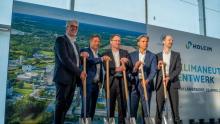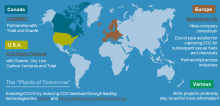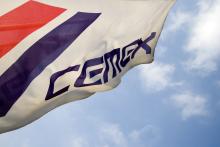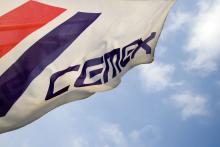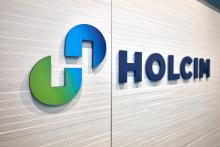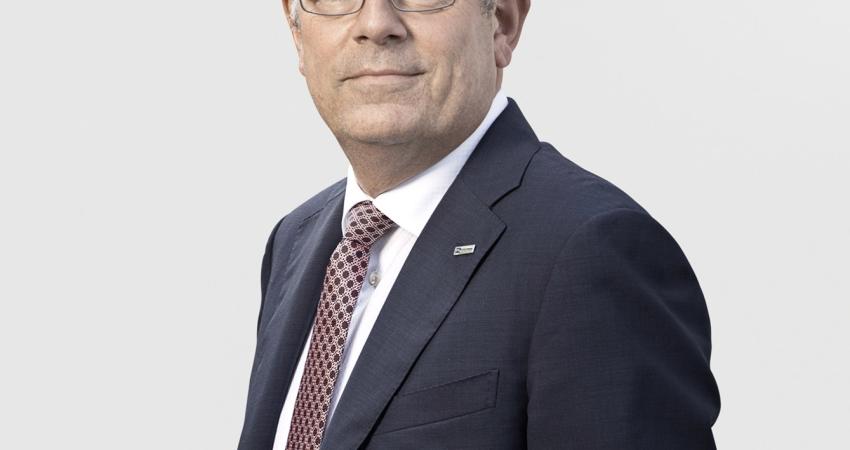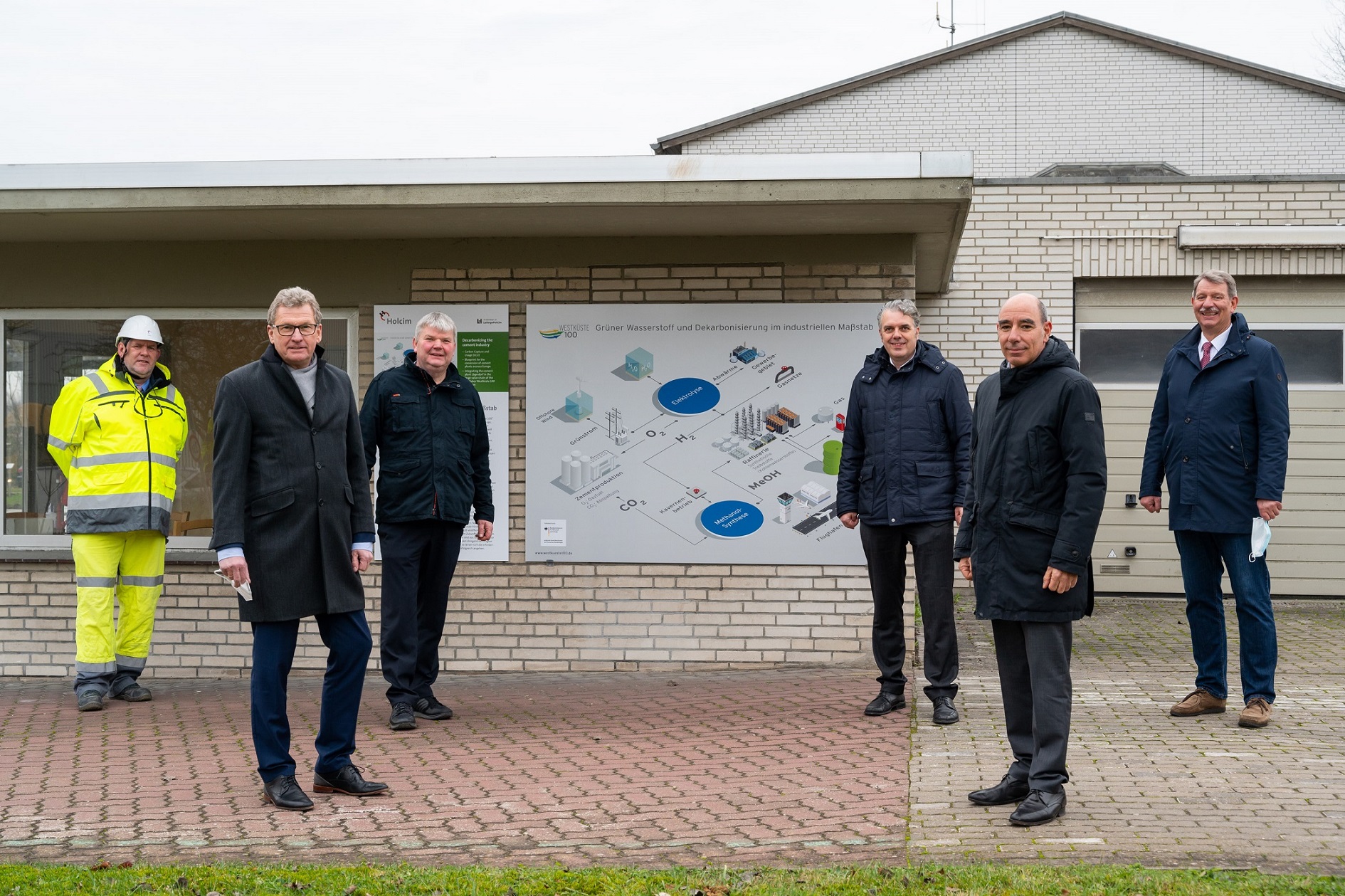
The meeting involved Bernd Buchholz, Economics Minister of Schleswig-Holstein, and representatives from the WESTKÜSTE100 real-life laboratory.
WESTKÜSTE100 is the first funded real laboratory for energy transition in Germany in the fields of sector coupling and hydrogen technologies. Sector coupling involves the increased integration of energy end-use and supply sectors with one another. This can improve the efficiency and flexibility of the energy system as well as its reliability and adequacy. Additionally, sector coupling can reduce the costs of decarbonisation.
Also taking part in the meeting were Thorsten Hahn, chairman of the management board of Holcim (Deutschland), Lägerdorf plant manager Torsten Krohn and other project partners of the WESTKÜSTE100 laboratory including Ørsted, EDF, Heide Refinery, Development Agency Region Heide, West Coast University of Applied Sciences. Two project partners (Raffinerie Heide and Ørsted) were connected via video conference.
The WESTKÜSTE100 project is located in the districts of Dithmarschen and Steinburg and received funding of €30m from the Federal Ministry of Economics in August 2020.
The partners in the project plan to use sector coupling for the industrial scale rollout of green hydrogen and decarbonisation technologies. The consortium wants to produce green hydrogen from offshore wind energy and use the resulting waste heat and oxygen. The hydrogen is then to be used both for the production of climate-friendly fuels for aircraft and fed into gas networks.
Holcim adds that, as a constant supplier of the raw material CO2, its Lägerdorf cement works is a central component because without large amounts of CO2 methanol cannot be synthesised. Green hydrogen alone is not enough here to produce synthetic hydrocarbons. The production of climate-friendly fuels is only possible after the upstream methanol synthesis.
Thorsten Hahn commented: “With the WESTKÜSTE100 project, we are all making an important contribution to the scaling and dissemination of climate-friendly technologies. At WESTKÜSTE100 we now have to move forward quickly, decisively and with great strides in order to achieve the final sector coupling with large-scale industrial scaling that we are aiming for in the coming years.
"For us as a manufacturer of building materials, the sub-project OXY100 is an important milestone on the way to decarbonising cement production and downstream climate-friendly concrete production. Due to the general conditions here in Schleswig-Holstein, the Lägerdorf plant is particularly suitable for this innovative transformation step. As a pioneering lighthouse project, it is therefore also of national and European importance."

